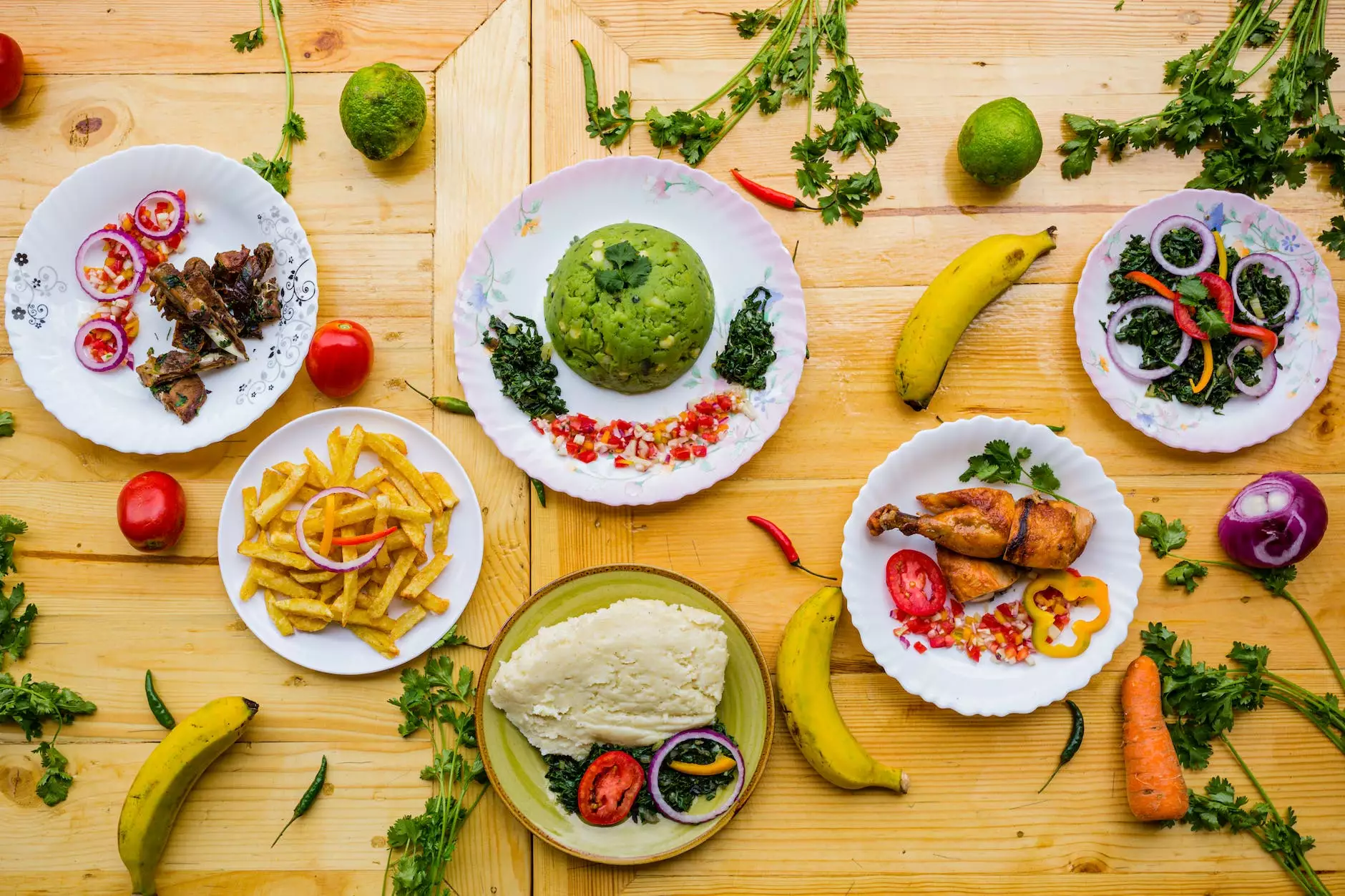16 Ways to Save Money on Groceries!

Introduction
Welcome to Cell-U-Rite Naturals USA! We understand the importance of living a healthy lifestyle while also managing your budget. In this comprehensive guide, we will share with you 16 effective ways to save money on groceries without compromising on quality or nutrition. So, let's dive right in and discover how you can make the most of your food budget!
1. Plan Your Meals
One of the most effective ways to save money on groceries is by planning your meals ahead of time. By creating a weekly meal plan, you can easily determine what ingredients you need to buy and avoid unnecessary purchases. This not only helps you stick to a budget but also reduces food waste.
2. Make a Shopping List
Before heading to the grocery store, create a detailed shopping list based on your meal plan. This way, you will know exactly what items you need to buy and avoid any impulsive purchases. Stick to your list and only buy what is necessary, saving you both time and money.
3. Compare Prices
Don't settle for the first grocery store you come across. Take the time to compare prices at different stores or online platforms. Look for specials, discounts, or loyalty programs that can help you save even more. Additionally, consider buying in bulk for items that have a longer shelf life.
4. Use Coupons and Discounts
Make use of coupons and discounts to save money on groceries. Check local newspapers, online coupon websites, or sign up for newsletters from your favorite stores. Utilize the available deals to get the best value for your money.
5. Shop Seasonally
Buying seasonal fruits and vegetables not only ensures freshness and flavor but also helps you save money. Seasonal produce tends to be more abundant, driving prices down. Incorporate these seasonal ingredients into your meal plan for cost-effective, nutritious meals.
6. Grow Your Own Food
If you have the space, consider growing your own fruits, vegetables, and herbs. This allows you to enjoy fresh produce without the added cost. Gardening can be a rewarding and fulfilling hobby, providing you with a continuous supply of homegrown, organic ingredients.
7. Explore Store Brands
Many grocery store brands offer quality products at a lower price compared to well-known brands. Don't be afraid to give store brands a chance. Taste and compare to see if they meet your expectations. You might be pleasantly surprised by the savings without compromising on taste or quality.
8. Buy in Bulk
Consider buying non-perishable items, such as grains, pasta, or canned goods, in bulk. This can save you money in the long run, as the price per unit is often lower for larger quantities. Just make sure to check expiration dates and storage requirements before making a purchase.
9. Minimize Food Waste
Reducing food waste not only benefits the environment but also saves you money. Plan your meals accordingly, use leftovers creatively, and store food properly to prolong its freshness. Keeping track of expiration dates and organizing your pantry can help avoid unnecessary waste.
10. Cook at Home
Opting for homemade meals instead of eating out can significantly cut down your grocery expenses. Cooking at home allows you to control the ingredients, portion sizes, and cooking methods. Plus, it's a great opportunity to explore your culinary skills and try new recipes!
11. Utilize Leftovers
Don't let leftovers go to waste! Repurpose them into new dishes or use them for lunch the next day. Get creative with your culinary skills and transform leftovers into delicious, budget-friendly meals. Not only will you save money, but you'll also reduce food waste.
12. Use a Price Comparison App
Take advantage of technology and use price comparison apps to find the best deals on groceries. These apps allow you to scan barcodes, compare prices across different stores, and receive notifications for discounts or special offers. Stay informed and save money with just a few taps on your smartphone.
13. Shop Local
Support local farmers and producers by shopping at farmers' markets or joining a community-supported agriculture (CSA) program. Not only will you get fresh and seasonal produce, but you'll also eliminate the middleman, reducing costs and helping your local economy.
14. Freeze and Preserve
If you find a great deal or have excess produce, consider freezing or preserving it for later use. Freezing fruits and vegetables, making jams or pickles, or even drying herbs are excellent ways to extend the shelf life of perishable items, ensuring nothing goes to waste.
15. Limit Processed Foods
Processed foods tend to be more expensive than homemade alternatives while also being less healthy. Minimize your consumption of processed foods and focus on whole, unprocessed ingredients. Not only will this save you money, but it will also contribute to your overall well-being.
16. Track and Evaluate Your Expenses
Last but not least, keep track of your grocery expenses and regularly evaluate your spending habits. This will allow you to identify areas where you can further cut costs and make informed decisions about your food budget. Stay mindful and adjust your shopping habits accordingly.
Conclusion
Cell-U-Rite Naturals USA hopes that these 16 ways to save money on groceries have provided you with valuable insights and practical tips. Remember, taking control of your grocery budget doesn't mean compromising on quality. By implementing these strategies, you can enjoy healthy, nutritious meals while still saving money. Make the most of your food budget and start reaping the benefits of a well-managed grocery shopping routine today!









